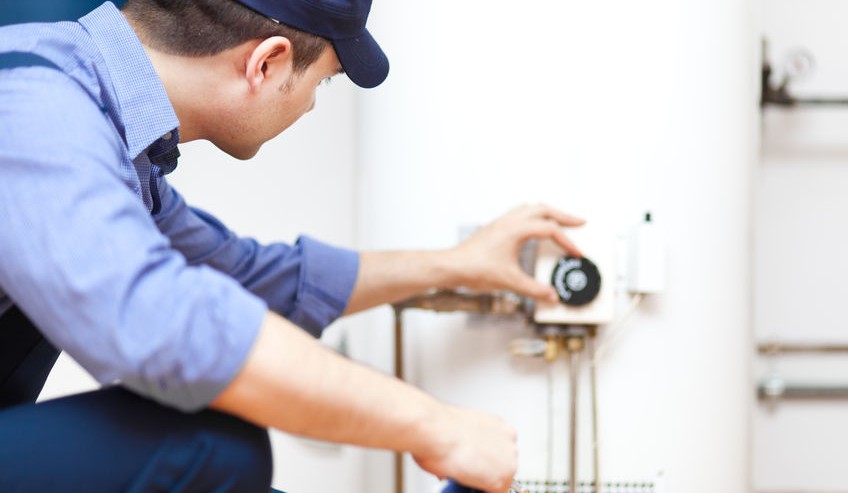What to Look for When Buying a Hot Water Heater
Having hot water on demand is a convenience we often take for granted — that is, until we step into the shower and it all runs out. If your system is due for a replacement, there are many factors you will want to look at to help determine which type of water heater you should get. Here are some of the major ones:
Storage Type
Your biggest consideration is which type of general water heater you want, usually referred to as the storage type since it reflects how the units store the water.
- Storage tank water heater: This is the most common type found in a majority of homes across the country. They heat water and store it in a large reservoir from 30 gallons to 80 and upwards. Storage tank water heaters provide the most reliable source of ample hot water, but at the cost of losing heat energy while the water is stored.
- Tankless water heaters: This relatively new technology heats water on-demand. Water passes through heated coils and is rapidly heated when hot water faucets are turned on. These units are around 22% more efficient than storage tank types, but with higher up-front costs and less capability to reliably deliver hot water from two sources at the same time.
- Point-of-Use water heaters: These are tiny water heater units ranging from 2.5 to 19 gallons. They are often attached to a water source like a single sink or shower in a smaller outbuilding or out-of-the-way room.
- Mobile home heaters: Mobile homes require a particular type of water heater certified by the HUD. These units are often smaller and have features to increase the safety of their use in a compact space.
Fuel Source
You will have to choose your method of actually heating the water.
- Electric: Uses electric elements that are typically highly-efficient and cost less up-front than other fuel types. However, the increased cost of electricity compared to other sources could mean added costs of around $1000 at the end of a 13 year service life.
- Natural Gas or Propane: Uses a burner to heat water, usually meaning there has to be around 1-2 feet of clearance at minimum to prevent fire hazards. These cost more up front than electric water heaters, but since gas is cheaper in most areas they can save you a few hundred dollars in the long run.
- Heat Pump or Hybrid: These use energy from geothermal heat pumps or AC unit-based heat pumps to heat water. Hybrid versions can add elements to existing heaters or be installed to use two potential heat sources. These units are larger than other heaters by several inches. They can be highly energy efficient, but these figures vary from model to model.
Form Factor
Another aspect you will have to consider is how you are going to fit your heater into a designated space. For areas like attics or closets with low clearance, you may need a lowboy unit that is “short and fat” at around 30 to 49 inches tall and that can hold up to 50 gallons.
“Tall” heaters are the more common size. They range between 50 to 76 inches and can have a capacity as high as 100 gallons. These are better for areas like basements, garages or storage areas where height is not a consideration. Be sure to speak to an expert on the matter, as the size requirements for waters was recently changed.
Features and Special Circumstances
Beyond these general criteria, there are many more types of hot water heaters available that differ based on the features used for safety, efficiency and other considerations. If you are shopping for a new water heater, click here to get free, custom quotes from the best contractors in your area. Best of all, you do not need to have a stranger visit your home or even enter in your contact information to get honest, up-front pricing!





Comments
Comments are disabled for this post